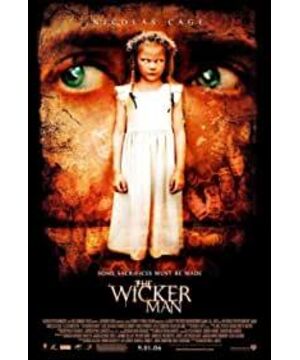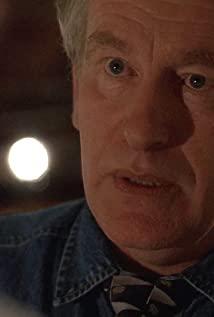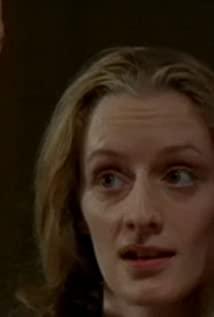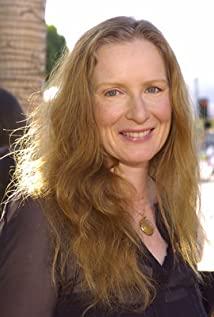From beginning to end, Nicolas Cage's character seems to me to be a man of love, from the trauma he caused to a mother and daughter he couldn't save, from his unhesitating help to leave a few years ago His girlfriend got the look on his daughter's face when he heard that the missing girl was actually his daughter. Faith is a power that distorts that power through a certain action so that it can make life and death dye the light with blood, and give believers who do it without hesitation a moral high ground to support them. This kind of fanaticism is also a kind of Love is when its realm burns everyone's eyes. When Williow saw Cage being set on fire as a sacrifice, she did not have the same ecstasy on her face as everyone else, but was sad and struggling. She may still have a little love or a trace of guilt for Cage, but she believed in this since she was a child. Power overwhelmed the little flame that flickered in her heart so she and all of them pushed him to death with her own hands. This power obliterates people's most primitive humanity. When the camera pointed at Cage's collapsed and powerless face, I felt the horror of him seeing death right in front of his eyes and being at a loss. It reminded me of the ending of his other movie Prophet, the same feeling. Does this type of work he has performed in recent years also stem from his perception of life? When faced with force majeure, vulnerable individuals can only be slaughtered by others. Nicolas Cage's eyes are always so charming. The pagan may not be enough in the setting of some plot logic. Nicolas Cage himself is attractive enough.
View more about
The Wicker Man reviews











